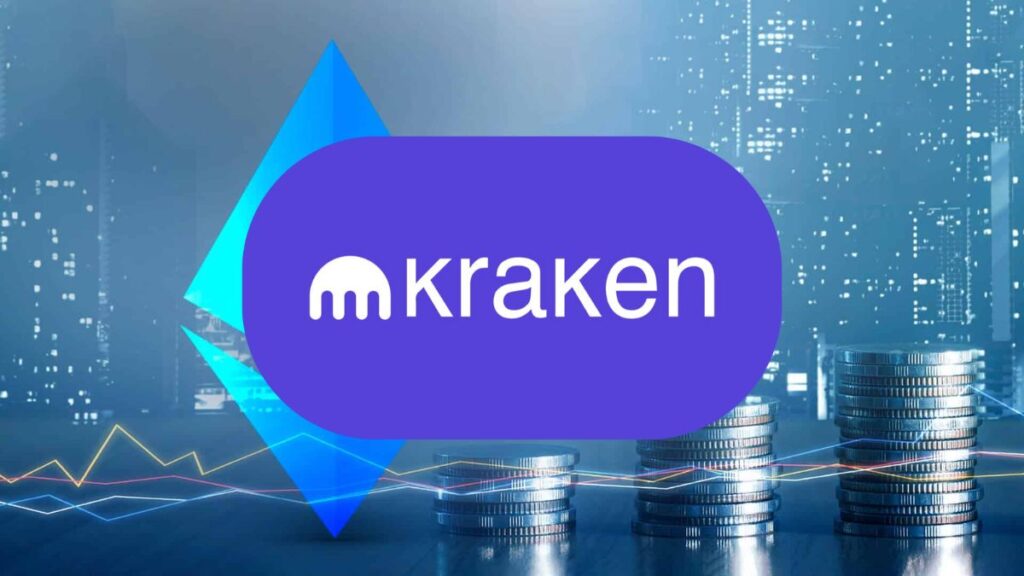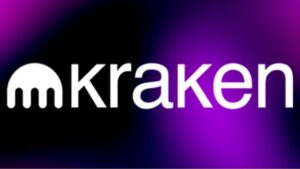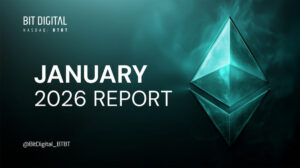TL;DR
- Milestone: Kraken fully migrates Ethereum staking to DVT clusters via SSV Network, boosting decentralization and fault tolerance.
- Security: Keys split among operators, with distributed generation and synchronized slashing protection to prevent failures.
- Industry Signal: Adoption showcases DVT’s readiness for institutional staking, potentially influencing other major providers.
Kraken has become the first major cryptocurrency exchange to fully integrate Distributed Validator Technology (DVT) into its Ethereum staking infrastructure, using the open‑source SSV Network protocol. The upgrade shifts “essentially all” of Kraken’s validators from single‑machine setups to distributed clusters, enhancing decentralization, fault tolerance, and slashing protection.
How DVT Changes Validator Operations
DVT decentralizes validator duties by splitting responsibilities across multiple independent nodes that work together to propose blocks and sign attestations. Kraken’s validators now operate in clusters of typically four nodes, deliberately diversified by both geography and Ethereum client software. This design reduces the risk of a single point of failure and mitigates the impact of client‑specific bugs.
Security and Key Management Overhaul

As part of the migration, Kraken restructured its key management process. Existing validator keys were split and distributed among cluster operators so no single party holds the complete key. For new validators, keys are generated in a distributed manner, ensuring the full private key is never assembled. A synchronized, distributed slashing‑protection database allows any offline node to sync signed‑duty history before resuming operations, further reducing the risk of accidental double‑signing.
Industry Impact and SSV Network’s Role
SSV Labs, the developer behind the SSV Network, emphasized that DVT’s modularity allows operators to optimize for diversity in ways that suit their infrastructure. Founder Alon Muroch said Kraken’s adoption proves the technology is ready for institutional‑scale staking. Originally operating under the Blox.io and CoinDash brands, the SSV team pivoted in 2021 to focus on non‑custodial ETH staking, later securing Ethereum Foundation support to advance DVT.
Broader Context for Ethereum Staking
The rise of DVT providers like SSV and Obol reflects Ethereum’s push to reduce centralization risks in staking. By distributing validator responsibilities across multiple operators and locations, DVT improves uptime, resilience, and consensus security. Kraken’s full integration could encourage other large staking providers to follow suit, accelerating the shift toward more decentralized and fault‑tolerant Ethereum infrastructure.










